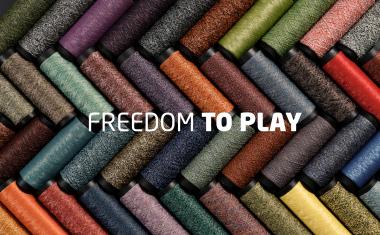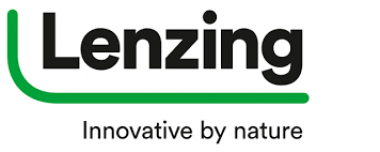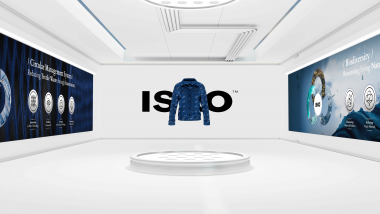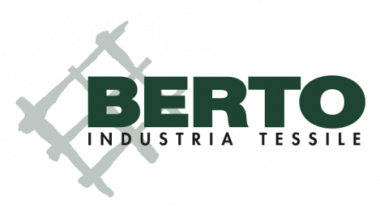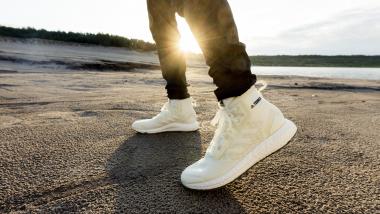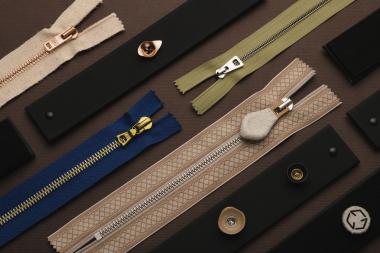B.I.G. Yarns at Clerkenwell Design Week with carpet tile collections
B.I.G. Yarns has secured its debut spot at the return of Clerkenwell Design Week (24-26 May 2022) and will showcase its sustainable contract flooring to carpet makers, architects and designers.
B.I.G. Yarns’ polyamide-based collections are high-performing with a strong emphasis on elevating design through remarkable colour contrasts and patterns: from bulk continuous filament (BCF) to twisted and heat-set yarns, one-colour to multi-colour, between 650 and 15000 dTex.
Designers can tap into the Class 33 resilience and various comfort levels of its one-step 3Ply Resilya, Softitude, and new two-step ColorMind solutions to meet application requirements, as well as access monthly inspiration care of #CatchtheColor. ColorMind offers yarn diversity to support a new level of design sophistication in high-end carpet segments. The ColorMind colour bank features predefined colours, always in stock, meaning short lead times. Manufacturers can also benefit from customized lot sizes and bobbin length, creating even more flexibility and design freedom.
B.I.G. Yarns continues to extend its ranges to reduce fossil-carbon in the industry and encourage greater product circularity. Its EqoCycle PA6 yarns incorporate recycled content originating from recycled and regenerated PA6 and are fully recyclable, improving resource efficiency and other environmental benefits throughout the value chain. Carpet tufters can also contribute to a sustainable future through less use of fossil resources and reduced greenhouse gas emissions with EqoBalance yarns. Both ranges offer the same high-quality performance as virgin-based yarns.
Beaulieu International Group / EMG


